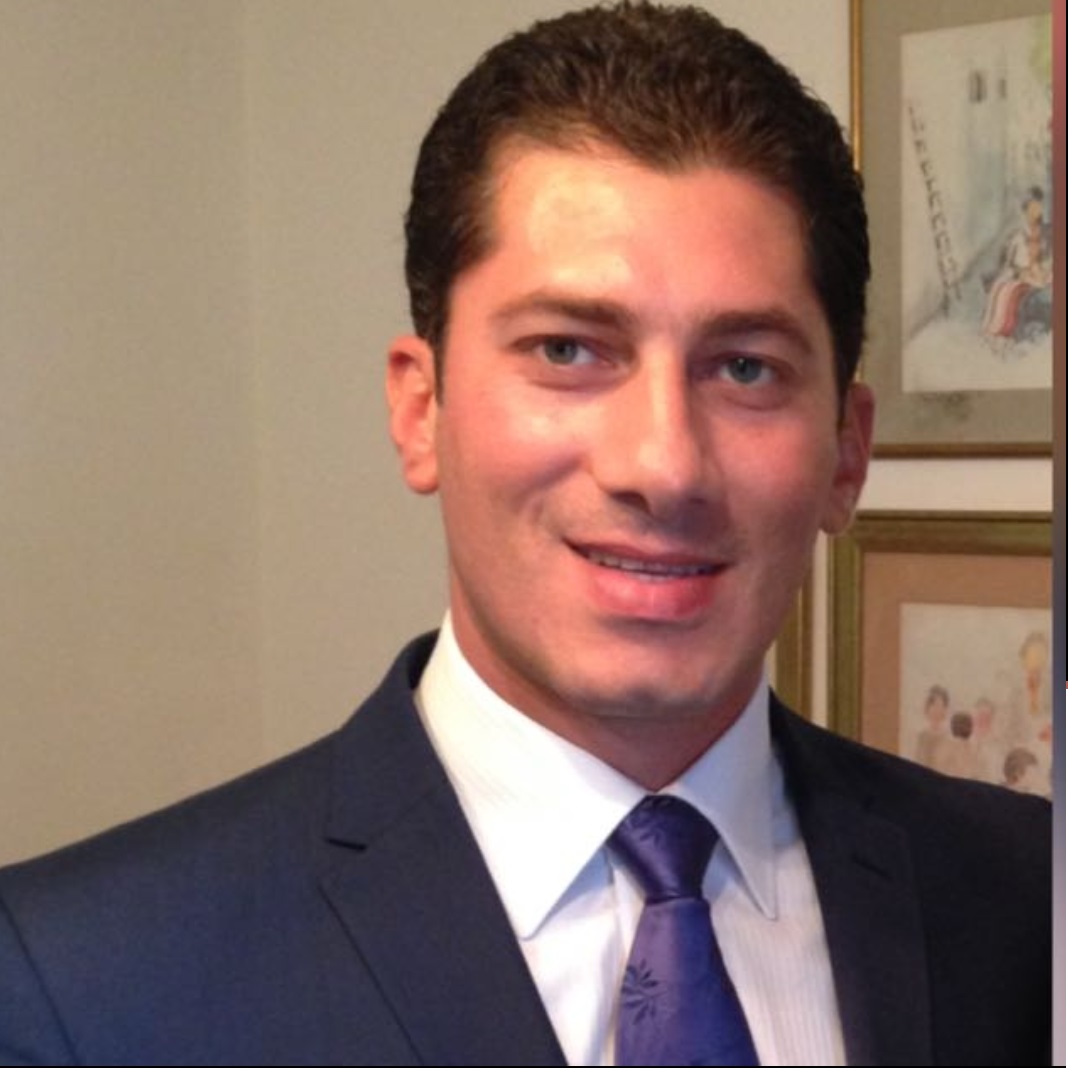CAIRO: Saudi Arabia’s potential as a global leader in artificial intelligence is drawing attention from major industry players, with SambaNova Systems being one of the latest to invest in the region.
The US-based, multi-billion-dollar AI solutions provider plans to deliver advanced infrastructure to support Saudi Arabia’s economic growth, aiming to position the Kingdom as a key hub for innovation and development.
The company specializes in providing advanced machine learning and AI solutions to enterprises.
SambaNova’s technology helps businesses accelerate adoption of the technology, improve decision-making, and drive operational efficiency across industries.
Marshall Choy, senior vice president of product at SambaNova Systems, highlighted the company’s intent to provide durable AI facilities that will fuel economic growth in the region, positioning Saudi Arabia as a key player in the industry.
“We are making a strategic investment in Saudi Arabia because the region — like the US — believes AI is a strategic imperative to fuel its economic growth and become a global hub for knowledge-based innovation,” Choy told Arab News.

Marshall Choy, senior vice president of product at SambaNova Systems. (Supplied)
He stated that AI is reshaping global dynamics and enabling businesses to gain a competitive edge by improving decision-making, reducing costs, and allowing companies to operate on-premise with enhanced data privacy.
A prosperous future
“Our goal is to provide durable AI infrastructure to promote the prosperous future of the Kingdom by deploying SambaNova Systems,” Choy added.
He also noted that collaboration with local Saudi organizations will be key in developing AI expertise in the region, stating that SambaNova aims to “help enable, through collaboration, durable model leadership to help establish the Kingdom’s leadership in the Middle East and North Africa.”
Choy also explained that the company’s expansion into Saudi Arabia will enable it to reach other Gulf countries.
Skill enablement, he said, will be another pillar of the partnership, achieved through structured training programs to foster deep expertise in AI engineering.
This expansion aligns with SambaNova’s broader strategic vision, which focuses on forming partnerships that support digital transformation for both government institutions and corporations. Choy noted that AI is increasingly essential for nearly every organization.
“Nearly every company needs to be an AI company. We believe AI is an asset, not a tool, and SambaNova delivers enterprise customers secure ownership of their models, as well as the ability to train them on their data, maximizing the value of their AI investment,” Choy said.
The senior vice president sees AI as an accelerant for productivity that will not only drive technology and business but societal and economic advancement.
Choy further emphasized the critical role of the Saudi government in the region’s AI expansion.
With the government’s $40- billion investment plan in the technology, there is strong support for the industry’s development.
“Having native sovereign AI capabilities in the Kingdom will enable that fast transition and acceleration from a technology and infrastructure perspective,” he added.
The company is also working with the Kingdom to build a strong infrastructure that will position the nation as a regional leader for the technology, Choy explained.
He highlighted that partnerships between government ministries, private enterprises, and providers like SambaNova will be fundamental to success, both at the national and corporate levels.
The company aims to be the number one AI provider in the Saudi market. Accordingly, SambaNova has partnered with the Kingdom’s largest company, Aramco.
The partnership saw SambaNova deploy systems on site for the energy giant, serving up AI capabilities for its internal intelligence system called Metabrain.
“Metabrain was a project where we co-developed an AI model trained on 90 years of Aramco historical data, this is a model that was completely built on SambaNova infrastructure,” Choy stated.
This model of collaboration has proven effective in other markets, and SambaNova expects the same success in Saudi Arabia.
Boosting the startup ecosystem
Beyond technological advancements, Choy stressed that AI would have a significant impact on the Kingdom’s growing startup ecosystem, fostering innovation and enabling businesses to scale.
“We see this as having a very profound impact on how the growing Saudi startup ecosystem is able to foster innovation and properly grow their businesses using state-of-the-art AI capabilities like SambaNova Suite,” Choy said.
The business environment in Saudi Arabia is also well-suited to SambaNova’s growth and innovation goals, according to the official.
He observed a “willingness and an appetite to engage, collaborate, and move forward quickly” in the Kingdom, fueled by the ambitious AI adoption and acceleration goals set by the Saudi government.
Looking to the future, SambaNova envisions further developments in its operations in the Kingdom, including co-designing with its Saudi partners to create more localized or regionalized solutions and capabilities specific for the domestic market.
“The people of Saudi Arabia are incredibly welcoming,” Choy said, adding: “I was thrilled to exchange ideas with people who are equally passionate about the possibilities of AI and how it will impact the way we all live and work.”
As SambaNova Systems continues to expand into Saudi Arabia, the company remains committed to its mission of helping the Kingdom achieve its long-term AI goals while contributing to the region’s broader digital transformation.
































